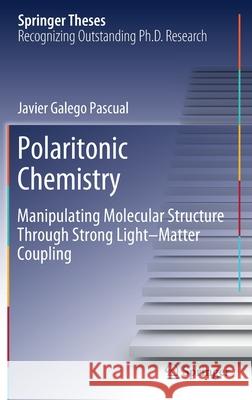Polaritonic Chemistry: Manipulating Molecular Structure Through Strong Light-Matter Coupling » książka
topmenu
Polaritonic Chemistry: Manipulating Molecular Structure Through Strong Light-Matter Coupling
ISBN-13: 9783030486976 / Angielski / Twarda / 2020 / 163 str.
Polaritonic Chemistry: Manipulating Molecular Structure Through Strong Light-Matter Coupling
ISBN-13: 9783030486976 / Angielski / Twarda / 2020 / 163 str.
cena 402,53
(netto: 383,36 VAT: 5%)
Najniższa cena z 30 dni: 385,52
(netto: 383,36 VAT: 5%)
Najniższa cena z 30 dni: 385,52
Termin realizacji zamówienia:
ok. 22 dni roboczych.
ok. 22 dni roboczych.
Darmowa dostawa!
Kategorie BISAC:
Wydawca:
Springer
Seria wydawnicza:
Język:
Angielski
ISBN-13:
9783030486976
Rok wydania:
2020
Wydanie:
2020
Numer serii:
000416125
Ilość stron:
163
Waga:
0.44 kg
Wymiary:
23.39 x 15.6 x 1.27
Oprawa:
Twarda
Wolumenów:
01
Dodatkowe informacje:
Bibliografia
Wydanie ilustrowane
Wydanie ilustrowane











